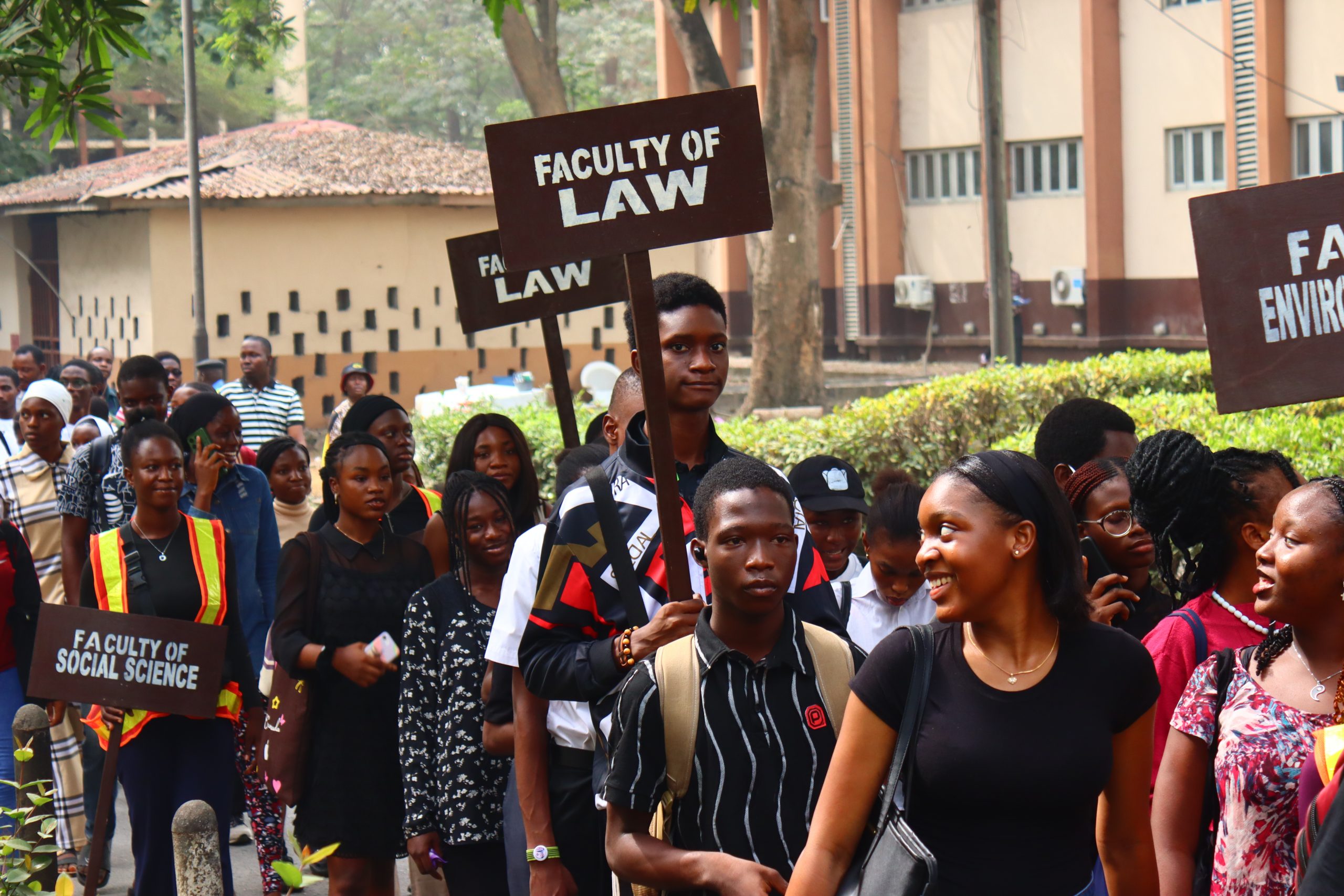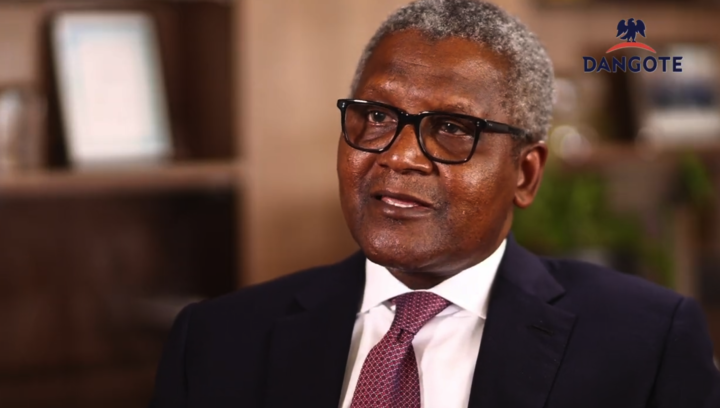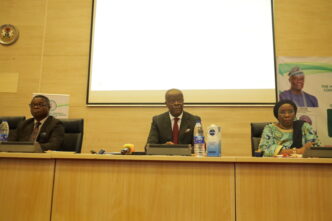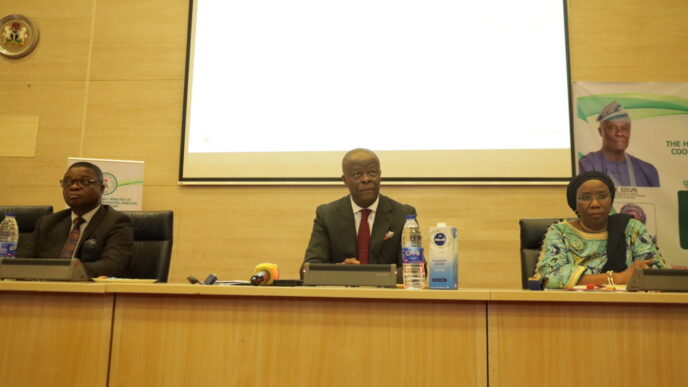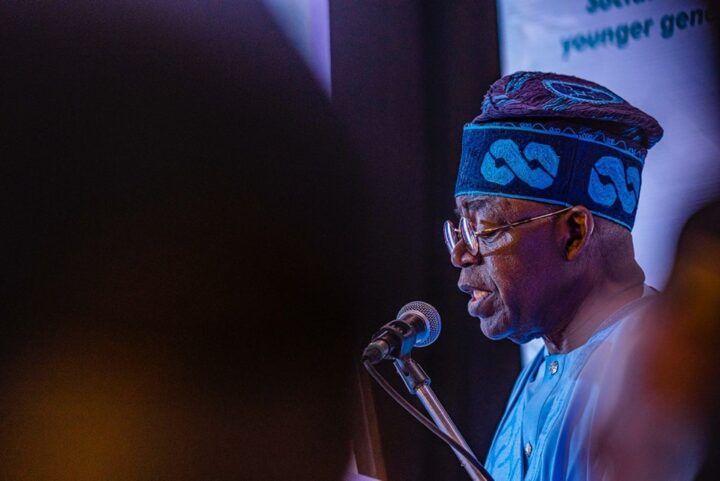Nigeria operates the 6–3–3–4 education system. It means a child is allowed to be enrolled in school at age six. They do six years each of primary and secondary education, at the end of which they are expected to be aged 18.
Nigeria’s minister of education Tahir Mamman was inspecting the UTME in Abuja back in May 2024 when he became concerned about the age bracket that was writing the tertiary education-qualifying exam. Parents loitering around computer-based test centres with their wards to perform mundane tasks that a university-age candidate should be mature enough to handle independently had become common. Some even facilitated malpractices.
The minister raised the alarm that premature students aged 15 and 16 were being pressured to gain admission into universities. Although no official law prohibited under-18 candidates from partaking in tertiary education, the minister argued that admission seekers should normally already be 18.
At a 2024 JAMB policy meeting, Mamman would direct tertiary institutions to not admit under-18 candidates from 2025 in what became a blanket ban. The idea, he said, is to ensure applicants are mature enough to handle their affairs and cope with the rigours of tertiary education at school-leaving age. This was although nothing in the public domain suggested that a legislative member or executive bill is backing policy, where stakeholders would have debated it before the national assembly in a formal lawmaking process.
Advertisement
Age-gating Nigeria’s tertiary education will not solve the maturity dilemma. By itself, age-gating ignores the problem’s root cause to focus on mere symptoms.
In the UK, children typically start primary school at age 5 and move on to secondary at age 11, with compulsory education ending at 18. In the US, primary school includes kindergarten and grades 1 to 5. Children begin kindergarten at age 5 or 6, progress to middle school around age 11 or 12, and then to high school at about age 14, with compulsory education ending at 18. In Canada, kindergarten starts around age 4 or 5, middle school or junior high around ages 11 /13, and high school between 14 and 16, with compulsory education ending at 16 or 18, depending on the province.
In Nigeria, nursery school starts at 5. Primary education is for pupils aged 6, lasting for six years. Jumping classes for gifted students and skipping class six altogether for children who intend to apply to a private secondary school is common. In secondary education, many students elect to write final exams at class five to save cost and get a one-year headstart at tertiary education. This makes it possible for a student to join the national pool of university, polytechnic, or college admission seekers as young as age 15.
Advertisement
Mature or not, these students will now be required to wait up to three years before enrolling in a university under the minimum age policy from 2025.
Age-gating tertiary education does indeed have the potential to guarantee and vet for maturity among university admission seekers by ensuring that students are of an age where they can better handle the academic, social, mental, and intellectual cost of higher education. Setting a minimum age for varsity entry gives students additional time to develop critical thinking, emotional fortitude, and personal responsibility during their secondary education. This can lead to a more mature student body better prepared to make informed decisions about their academics and careers. However, its ability to generally drive early maturity also depends on the quality of secondary education and the systems in place to help students develop.
There’s a sense in which one could argue that late maturity among Nigeria’s admission-seeking student pool is more a function of subpar secondary school curriculum and lack of exposure than it is about stark age numbers.
At the minimum, secondary school leavers readying for university life are expected to be grounded in core subjects with effective study habits. They should be able to stay self-motivated, oversee their daily living, budget their finances, and manage time. In decision-making, they are expected to apply critical thinking and adapt to the less structured nature of university life. They should have some level of clarity regarding their academic and career trajectory. But Nigeria is a case where a rigid curriculum or schools focused on rote learning create candidates who do more memorisation than critical thinking and actual problem-solving. There is insufficient emphasis on critical skills like financial literacy, time management, and self-discipline without targeted teaching and extra-curricular activities.
Advertisement
Students from low-income backgrounds who are in the majority end up having limited exposure to personal development opportunities. Many secondary schools in Nigeria don’t even have a functional system for career counselling, so inadequate guidance in secondary education often leaves students unprepared for making informed decisions about their future.
Age-gating tertiary education will only shut out these candidates, delay academic progression, and predispose young folks to social vices. Nigeria’s approach to it also is too rigid to factor in other peculiarities of secondary school education.
As with Nigeria, accelerated education for gifted students in the US could mean that certain children skip grades. A student’s academic abilities and mental readiness for the next grade are assessed by instructors and a psychologist depending on the district or the individual school’s policy. Age 17 is the minimum to attend university in the US. But grade skipping could see to it that a candidate is younger by the time they’re done with high school. The flexibility of this policy makes it such that the student can still apply to college as long as an admissions committee adjudges that they took the needed coursework and have adequate standardised test scores. An interview, a personal essay, a recommendation letter from instructors, and a demonstrated leadership track record additionally vouch for them.
Nigeria could adopt some elements of this, especially in the long-running discourse about granting administrative autonomy to tertiary institutions. The states could also be allowed to work out local adaptations of the policy.
Advertisement
For Nigeria, seeking pre-university maturity and regulating the entry age thereto could ideally have taken the form of setting a uniform age mark for school enrolment and ensuring that students respond to desired outcomes at every level of primary and secondary education. It could have meant putting systems in place to ensure no student gets accelerated academics at any point without meeting preset psychological and performance indices.
So far, Nigeria still needs to sufficiently communicate the implementation modalities for the age restriction on tertiary education beyond a brute ban.
Advertisement
Growth is relative and is also such an arbitrary concept to define. Some at 16 are more “mature” than their peers at 18+, whatever maturity means. Importantly, maturity isn’t solely a function of age. Nigeria is a developing nation that needs its youth to acquire economically viable skills at a quick pace and be thrust into the workforce early enough. Does capping tertiary education at 18 not unduly extend adolescence and infantilise Nigerians?
Tertiary education should have no age cap, nothing is wrong with age-gating it if this would tackle clearly defined country-specific challenges.
Advertisement
Implementation must then be flexible enough to accommodate nuances.
Advertisement
Views expressed by contributors are strictly personal and not of TheCable.
Add a comment

